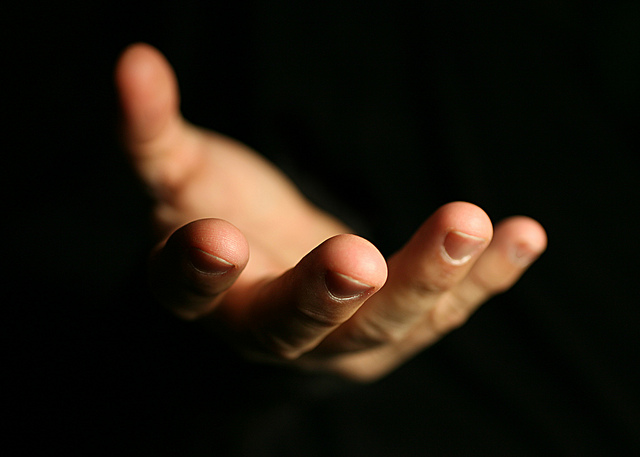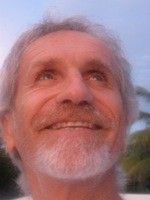Is having an ego a good thing, a bad thing, or a no-thing?
We all have one—an ego, that is.
We certainly live with the consequences of an ego. And we are, perhaps, coming close to proving the existence of an ego in material terms, in much the same way as scientists now are speaking of consciousness.
In yogic terms, the ego has always had a connection to consciousness; the “stuff” of consciousness, including mind and ego, is in the realm of manifestation.
If consciousness now is to be considered by a part of the scientific community in quasi-material terms, then the ego, too, must be similarly considered.
There are suggestions that the ego may even have a “physical” location in the brain stem. Although we may not be able to palpate the ego, this is not in itself reason to deny its existence, nor to eliminate the ego from our holographic universe.
The question remains whether the ego serves or hinders consciousness, and why the ego is so often harmful.
For centuries, oriental philosophy has discussed the function or non-function, even the elimination, of the ego. We judge spiritual teachers by their apparent lack of an ego.
When, after one of the endless reports of male spiritual teachers using or abusing their authority to satisfy their sexual urges, usually with their own disciples, I asked my teacher, Swami Sivananda Radha, the obvious question: why?
Why, if these supposed teachers are so advanced and invoke rigorous disciplines and practices to reduce or eliminate the ego, do they need to assert and abuse their powers, and not only destroy their credibility, but hurt others?
Swami Radha explained that as long as we are in human form, the ego exists.
She said that no human being is 100 percent conscious 100 percent of the time. She gave the example of Jesus Christ, who—crucified—cried out, questioning why he had been forsaken. In spite of his ego, she said, Christ was able to give himself over to the light. Swami Radha also said that those who choose to describe themselves as spiritual teachers and have accumulated followers might have developed certain spiritual powers, but when the ego takes over, their fall is correspondingly greater.
In his book, Yoga Sutras: The Textbook of Yoga Psychology, Rammurti S. Mishra discusses the function of the ego, ahamkara, in relation to Patanjali’s Sutras. Dr. Mishra writes that the ego must be developed to the point where it becomes mature.
A mature ego is necessary in order to distinguish or differentiate between the subjective and the objective. Neither the subjective nor the objective can rule.
We all have examples of persons who are totally into themselves, or totally out of themselves.
It is only by balancing the subjective with the objective that we can understand and move toward intelligence or mental clarity, which in terms of the Sutras is called buddhi.
We can conclude by saying that persons who develop certain powers and have control over others, but who cannot distinguish clearly between themselves and the needs of others, have immature egos.
Swami Radha went one step further. “If you have a power of clairaudience or clairvoyance, does that make you a spiritual person?”
The answer is, clearly, no.
Author: Donald Niedermayer
Editor: Emily Bartran
Photo: Jlhopgood/Flickr







Read 0 comments and reply